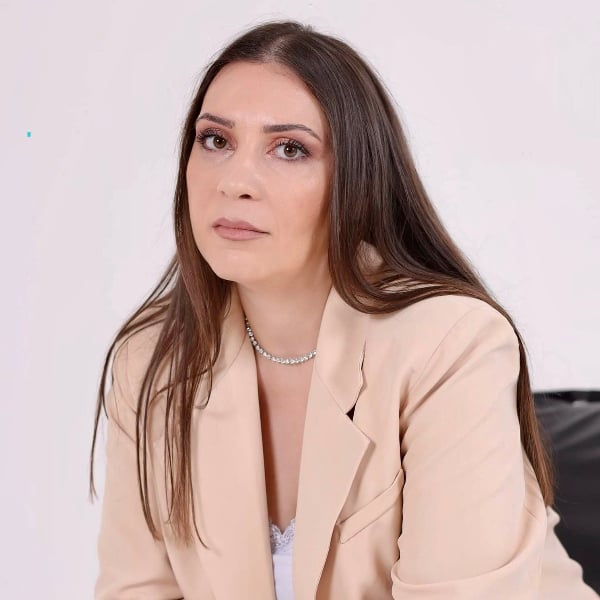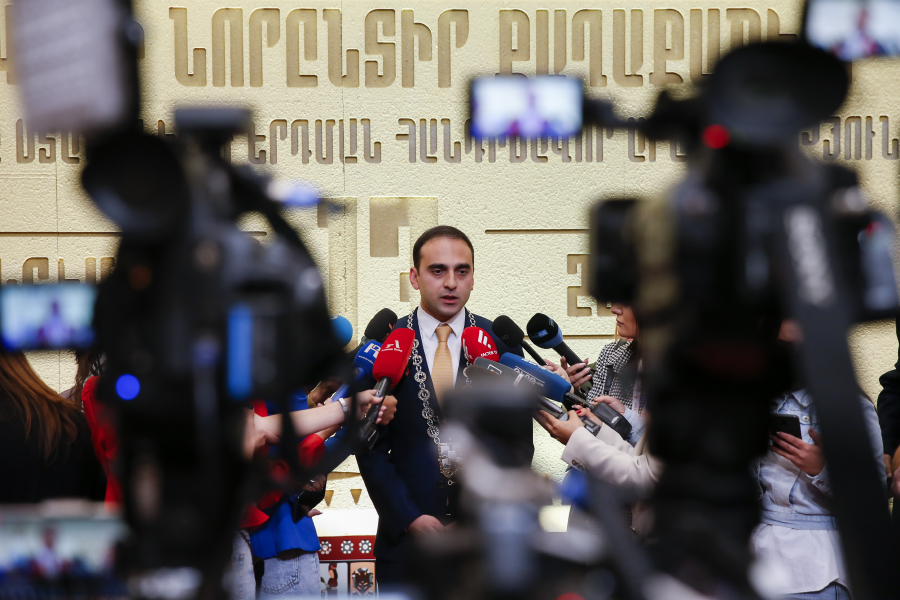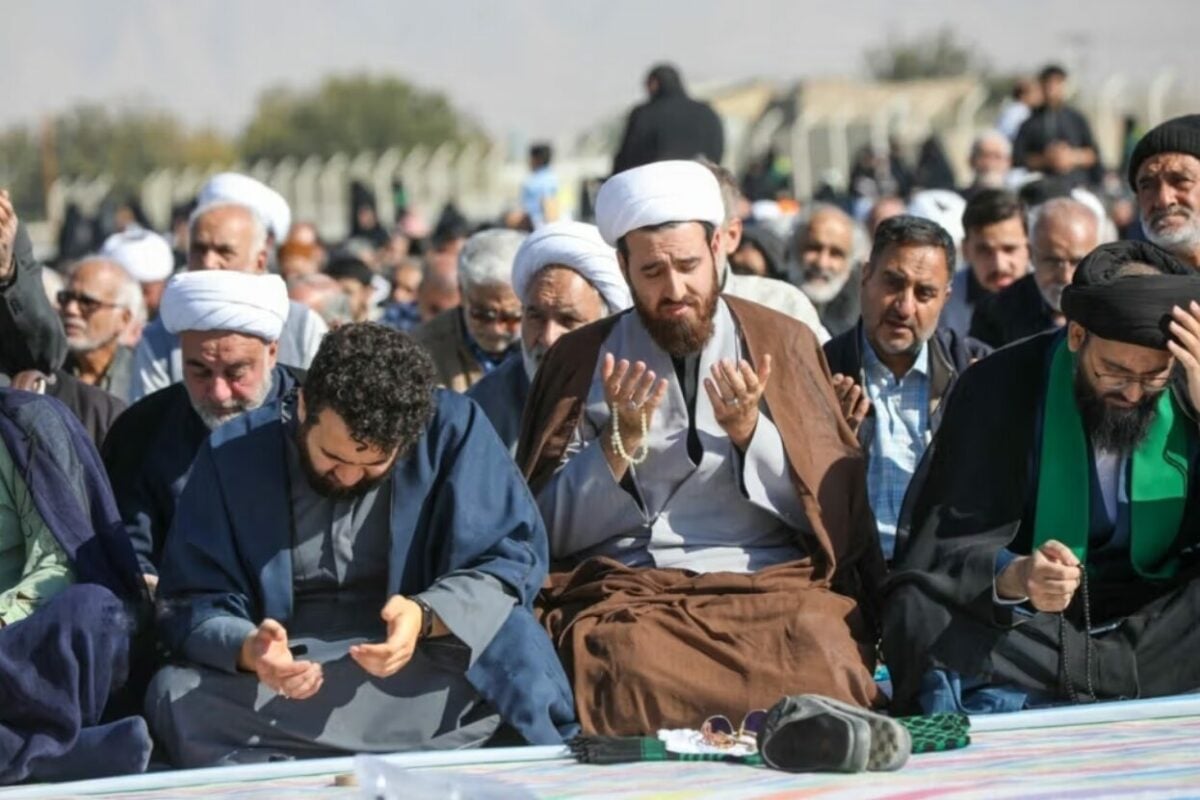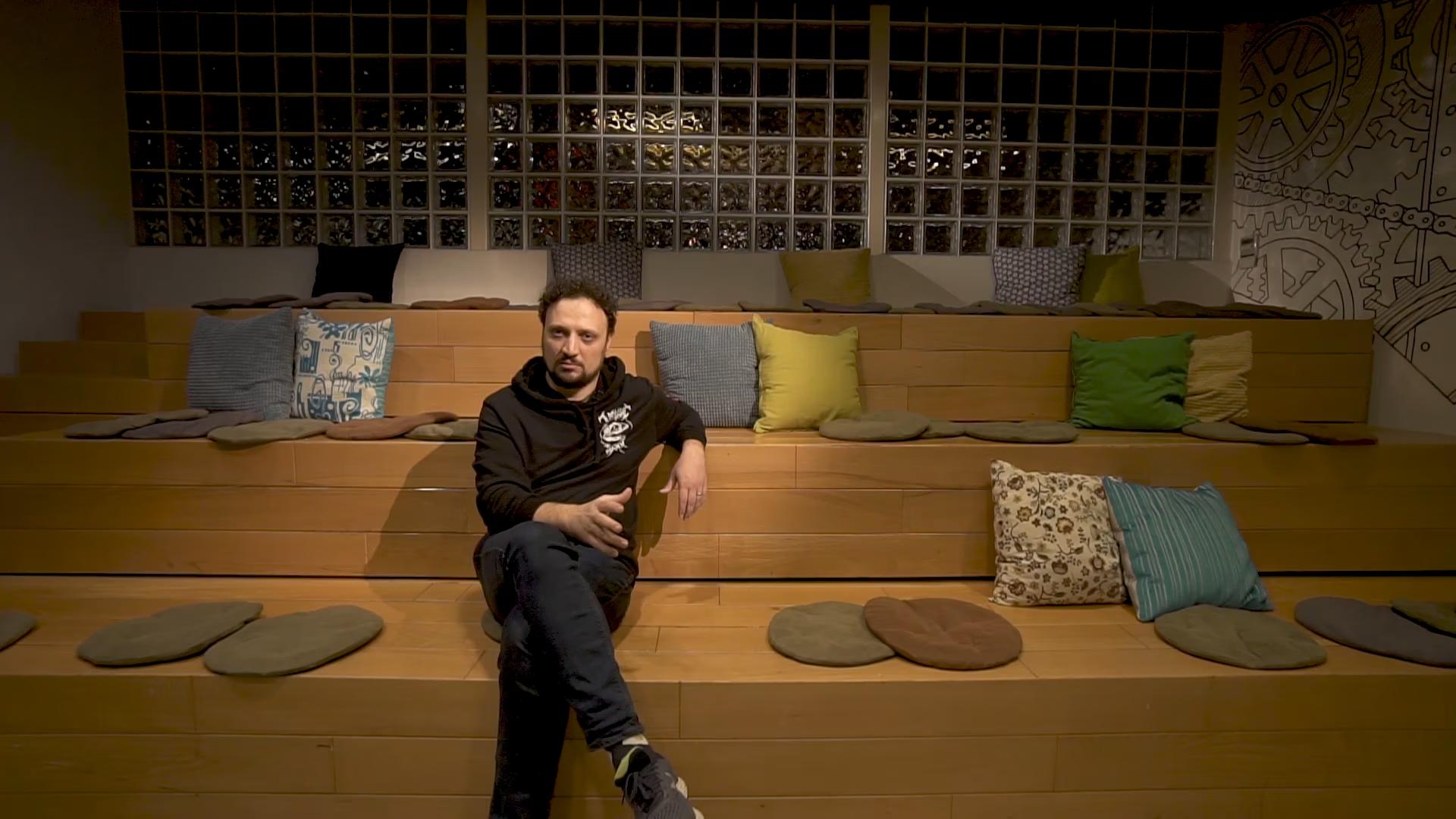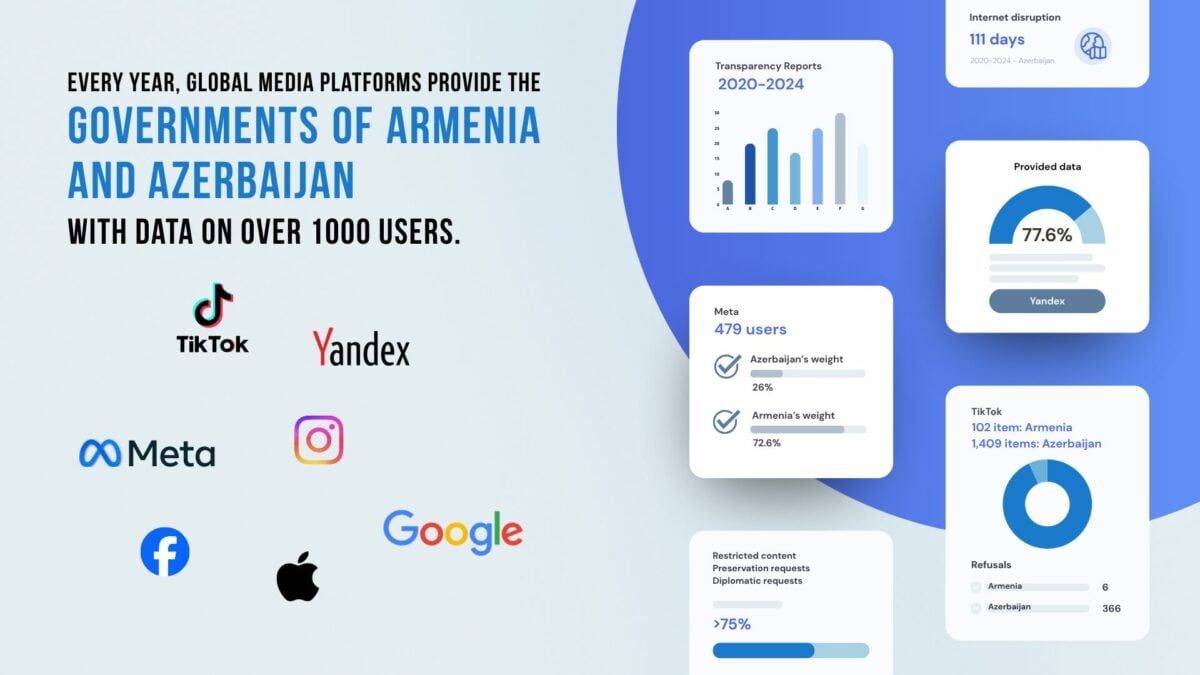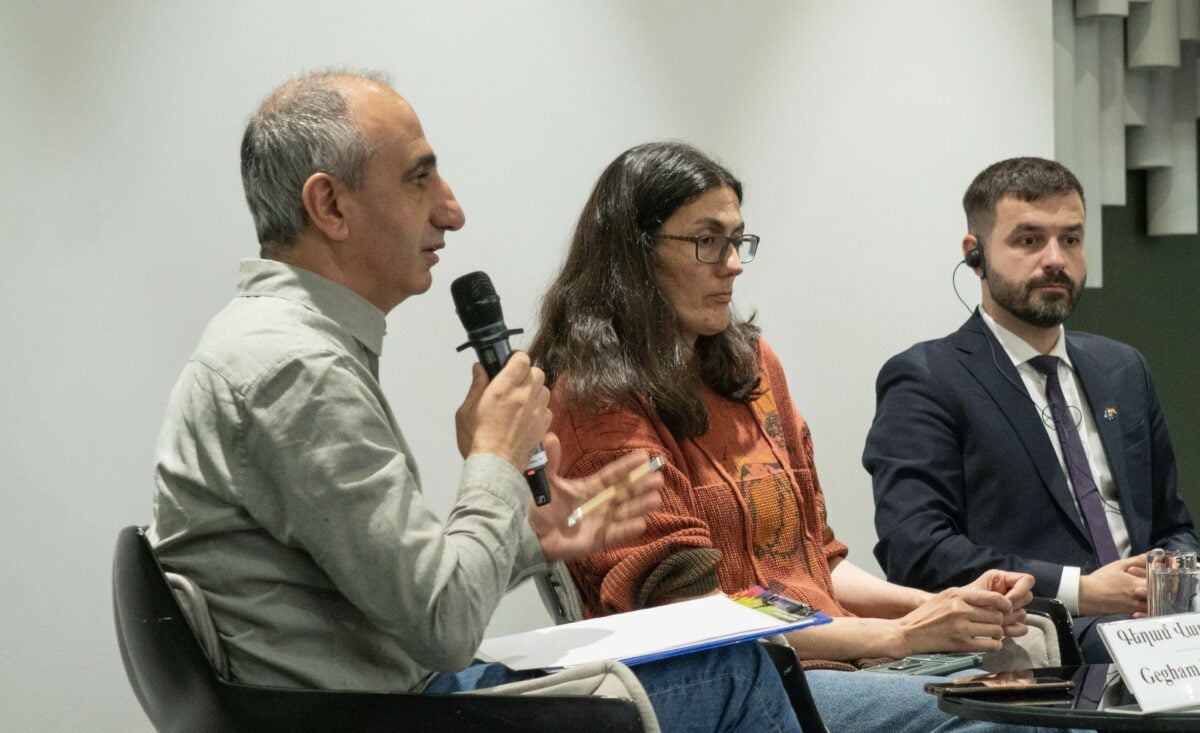The journalistic community is actively engaged in discussions surrounding the decision to prohibit journalists from attending the inauguration ceremony of the newly elected mayor of Yerevan, Tigran Avinyan.
According to the official explanation, restrictions on journalists’ entry were attributed to space limitations. Initially, it had been communicated that media representatives could cover the inauguration ceremony through live broadcasts rather than being physically present.
Several journalistic organizations have accused the municipality of violating the fundamental right of journalists to access and disseminate information freely, as well as the public’s right to information.
Additionally, the proposal to use the official broadcast was deemed “professionally limiting” as it hinders comprehensive coverage of the event.
Arpi Hakobyan, a journalist for Factor, explained that this decision not only prevented them from reporting on the event but also prevented them from directly communicating with the officials in attendance.
“Many officials refrain from holding press conferences evading journalists’ inquiries, leaving us limited opportunities to ask them questions. Several significant figures attended the inauguration ceremony, including Nikol Pashinyan, whom we could have approached for questions. Additionally, when you watch events unfold live, you often witness moments excluded from the official broadcast, which can be just as important. I believe that live broadcasting can never truly ‘substitute’ the role of a journalist,” she asserts.
Arpi Hakobyan suggests that rather than outright prohibiting journalists, the municipality could have implemented a structured work arrangement for them. They could have designated a specific area where the media could effectively observe and cover the event.
Gevorg Tosunyan, a journalist at Civilnet, believes that the formalities surrounding the inauguration of the mayor are not worth paying much attention to. In his opinion, the event held no public significance, and journalists would be more likely to hinder each other’s work than to cover it effectively.
Gevorg Tosunyan is not in favor of group briefings. He argues that when many journalists gather around a single official, it becomes chaotic and counterproductive. According to Tosunyan, such briefings often lead to a jumbled and incoherent exchange of ideas rather than a clear and informative discussion. He believes this culture needs to change so officials and journalists can engage in meaningful and productive conversations. By doing so, journalists can avoid the frustration of officials avoiding them, and officials can provide better answers to their questions.
According to Nona Melkonyan, co-founder of “SPRING PR” company, the mayor’s inauguration ceremony is a significant political event. Therefore, the presence of journalists at the ceremony ensures greater public interest and benefits the organizing party in the first place.
Nona Melkonyan suggested that the municipality could have allocated a room for journalists to promote transparency.
She believes state institutions should act transparently to ensure democratic public order; hence, media presence should be provided at similar events. However, Melkonyan acknowledges that sometimes events might be considered closed, and journalists’ entry might be prohibited. In such cases, the event format should be chosen carefully, a common practice worldwide.
She observes that Tigran Avinyan, the newly elected mayor, initiated his tenure with an unfavorable stance toward the media, which is likely to have an adverse effect on building positive relations with the press.
